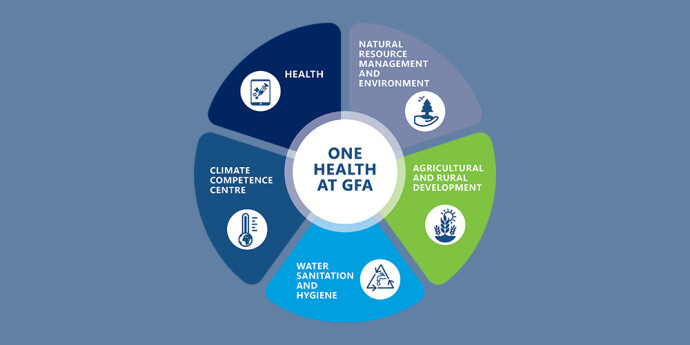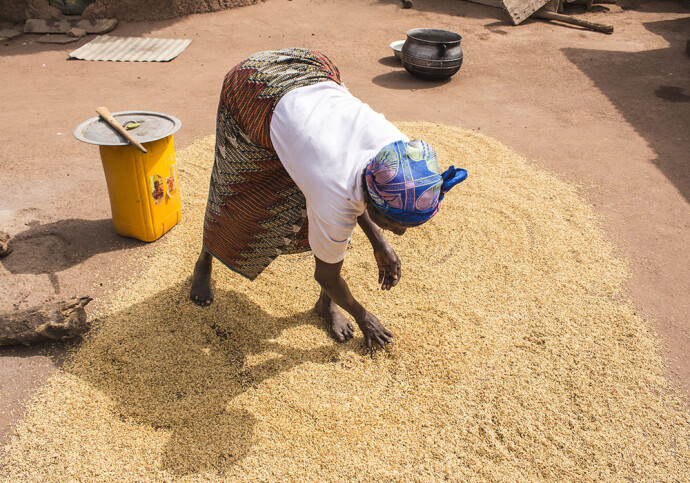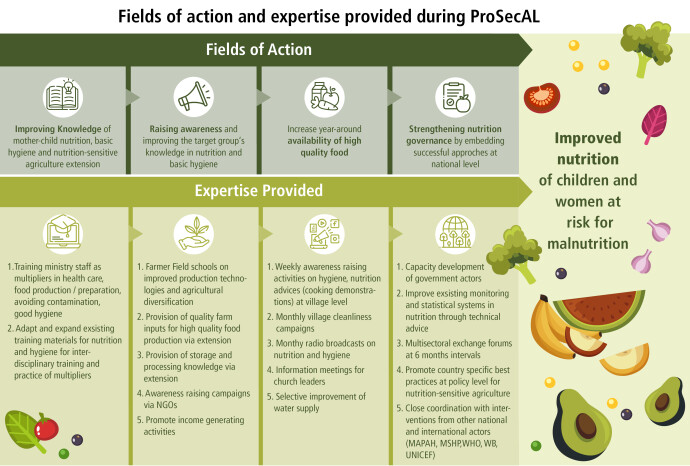Do you remember these awful three years when we all were under siege by the Covid-19 pandemic – the lockdowns, the tests, the masks, the difficulties to work, to travel, to meet other people? More than 195 countries were affected, international trade almost came to a grinding halt, and at least around seven million deaths were attributed to COVID-19 while excess mortality data estimate the true number of deaths at 16.5 to 26.8 million worldwide.
Well, these were the repercussions of what is called a zoonotic disease transferred from animals to humans. The pandemic has been a bitter reminder of the interconnectedness of all life forms on our planet. Unfortunately but most probably there is more to come. Did you know that 75 % of newly emerging diseases are caused by zoonosis such as HIV, Ebola, swine and bird flu?
This is why there is a vital need for a united approach to preserving the delicate balance between us humans and nature. The One Health concept is such a united approach that offers a holistic path towards safeguarding not just human health but the welfare of all living beings and the earth itself. The concept goes beyond zoonosis. For example, antibiotic resistance fueled by the overuse of antibiotics in both humans and animals is a major concern.
To us at GFA Consulting Group, the One Health approach marks a transformative shift from segmented systems to interdisciplinary alliances and cohesive integration across all sectors and levels. In practical terms that means we foster knowledge sharing through digital innovation, smart databases and surveillance among our teams of experts. We emphasize community-based strategies by integrating valuable insights from traditional and local knowledge systems.
Most importantly, we at GFA foster a collaborative atmosphere and actively unite experts from various professional, cultural and national backgrounds. This interdisciplinary synergy is at the heart of tackling health challenges holistically and reflects the company’s commitment to promoting comprehensive well-being and sustainability at a global scale.
For us at GFA, the One Health approach is not just a theoretical concept – it is a call to action, a guiding principle for our experts. The articles in this newsletter cover success stories from ongoing GFA projects engaged in One Health in Europe, Vietnam, Togo and Sub-Saharan Africa. The time for collaboration is now for us to find the key to a healthy world for all.











